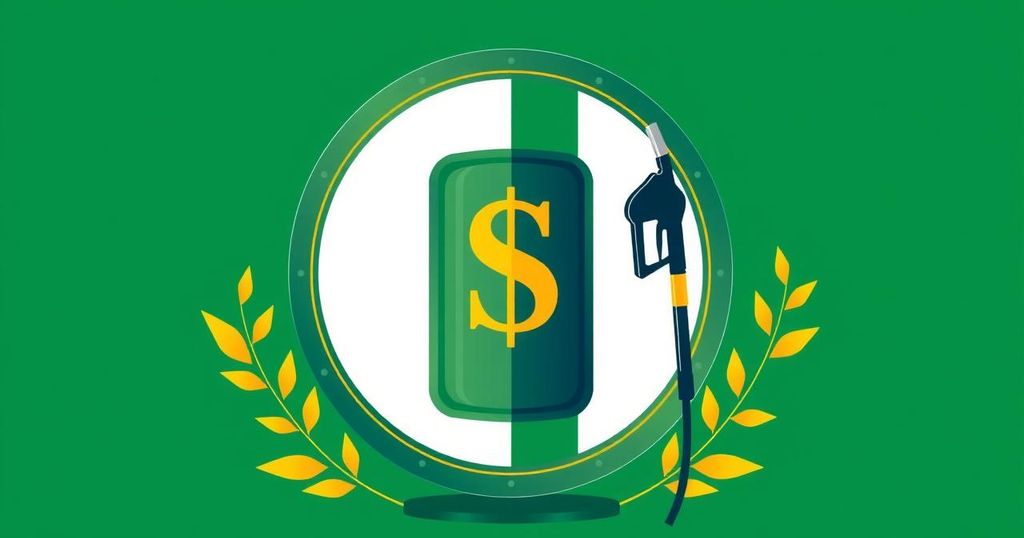Nigeria’s February Inflation Rate Falls Due to Stable Naira and Fuel Prices
Nigeria’s inflation rate slowed to 23.18% in February 2025, aided by stable naira and reduced petrol costs. Analysts forecast possible increases in inflation as early as April, with predictions of an average rate of 31% for the year. The MPC held interest rates steady at 27.50% following these developments.
In February 2025, Nigeria’s headline inflation rate decreased for the first time after the recent rebase of the Consumer Price Index (CPI). According to the National Bureau of Statistics, the inflation rate fell to 23.18%, down from 24.48% in January, primarily due to stable petrol prices and a steady naira.
A drop in diesel and petrol prices, attributed to an increase in output from Dangote Refinery, contributed to this moderation in inflation. Diesel prices experienced a significant decrease of 33%, dropping to ₦1,000 per liter, while petrol prices remained stable at over ₦800 per liter. Additionally, food inflation for February recorded a reduction to 23.51%, compared to 24.08% in January.
Despite the recent decline, analysts suggest that Nigeria’s inflation may reach an inflection point, with expectations of an increase as early as April. Some forecasters, taking into account global economic conditions, speculate that the Central Bank of Nigeria (CBN) might not meet its inflation targets.
Basil Abia, co-founder of Veriv Africa, indicated, “My outlook for 2025 in Nigeria in spite of the rebasing is an average rate of 31% for the year. So, expect worse monthly numbers deep into 2025.” He emphasized that external global economic factors will largely influence this trend, reminiscent of the pandemic’s impact on Nigeria’s economy in 2020.
In light of these developments, the Monetary Policy Committee (MPC) maintained the interest rates at 27.50% during its February meeting, after evaluating recent macroeconomic trends, notably exchange rate stability and slowed fuel price increases, alongside the CPI rebase.
In conclusion, Nigeria has witnessed a slowdown in inflation rate, falling to 23.18% due to stable petrol prices and decreased diesel costs. Although some analysts project a rise in inflation later in the year influenced by global economic factors, the MPC has opted to maintain interest rates amid current economic assessments. This situation highlights the complex relationship between domestic policies and international economic conditions affecting Nigeria’s inflation trends.
Original Source: techcabal.com




Post Comment